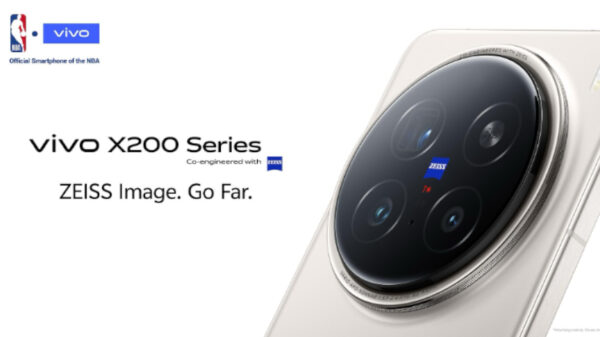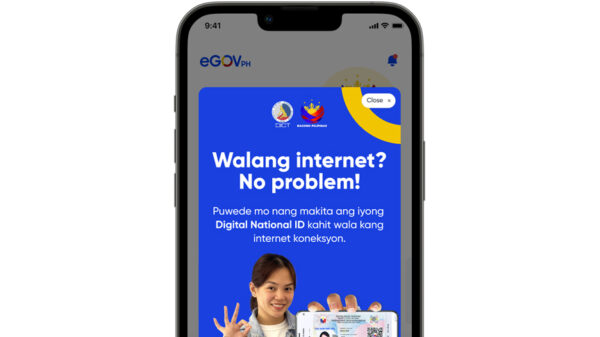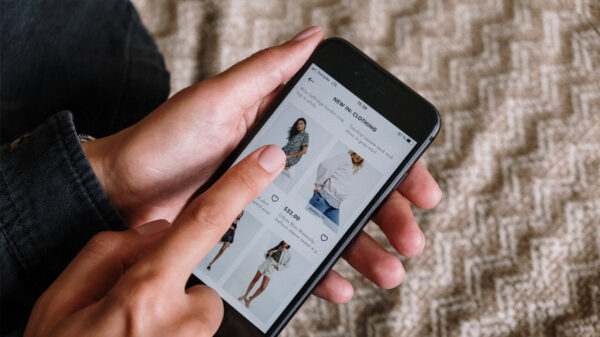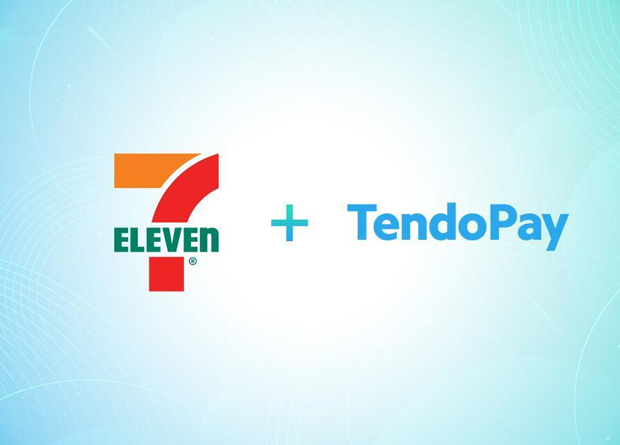A little more than half (55%) of consumers globally said they had decided against buying something online due to privacy concerns, according to a new report by KPMG International.
Furthermore, less than 10 percent of consumers feel they have control over the way organizations handle and use their personal data today, with respondents in most countries saying that privacy control is more important than the potential convenience gained from sharing personal data.
“An executive would be at risk of being fired if half their customer base disappeared after they made a crucial business decision,” said Mark Thompson, Global Privacy Lead at KPMG. “Failure to imbed privacy into the DNA of their business strategy could ultimately lead to the extinction of a business given how closely consumers and regulators alike are paying attention to how organizations collect, store and use personal data.”
‘Creepy’ versus ‘cool’
When it comes to the global attitudes on the usages of personal data, consumers draw the line in dramatically different places. Eighty-two percent are not comfortable with the sale of their data to third-parties in exchange for the speed, convenience, product range, home delivery and price comparison that online shopping offers.
A little more than half (55 percent) said a free fitness tracking device that monitors the well-being of users and produces a monthly report for them and their employer is crossing the line.
The report also shows that 78 percent think telematics devices that enable emergency services to track their customers’ vehicles are a good thing; and more than half (57 percent) are happy to have a smart energy meter installed that enables a provider to deduce how many people live in a home, when they eat and sleep, and the appliances used.
While concerns around the “creepy line” vary, the overall top 3 concerns about the way organizations are handling and using their personal information were: unwanted marketing; personal information being sold on to third-parties and lack of secure systems.
The survey found that strong cyber security systems (32 percent) are the most effective thing an organization can do for customers to trust them with their personal data.
Data sharing
Over half of survey respondents said they were willing to share their gender, education or ethnicity online, while a considerably lower proportion were happy to share more sensitive information, such as location (16 percent), address (14 percent) or medical records (13 percent).
Consumers are increasingly taking matters into their own hands, with half of survey respondents saying they already delete their internet browser cookies or manage their social media settings. Almost one-third even use incognito or ‘do not track’ modes, while a quarter percent use encryption.
Fifty-seven percent of people fail to read, or only skim, privacy policies on entering websites. Unwanted marketing (59 percent) was cited as consumers’ top concern about businesses using their personal data, followed by their data being sold to third-parties (58 percent) and organizations having unsecure systems (55 percent).
Over two-thirds of people are not comfortable with smart phone and tablet apps using their personal data. In all markets but one, at least 75 percent of respondents said they were uneasy with their online shopping data being sold to third-parties.
For companies seeking to use personal data to personalize their marketing and services to the individual, build brand loyalty and develop better products, it is important they understand that although opinions on privacy vary around the globe, it is clear that, more than anything, consumers value privacy over convenience.
“Understanding the value exchange between access to personal information and trust has never been more important than it is today,” said Thompson. “I truly believed that everyone would take a free TV no matter what. But clearly transparency is the strongest currency for any business.”




















































































































